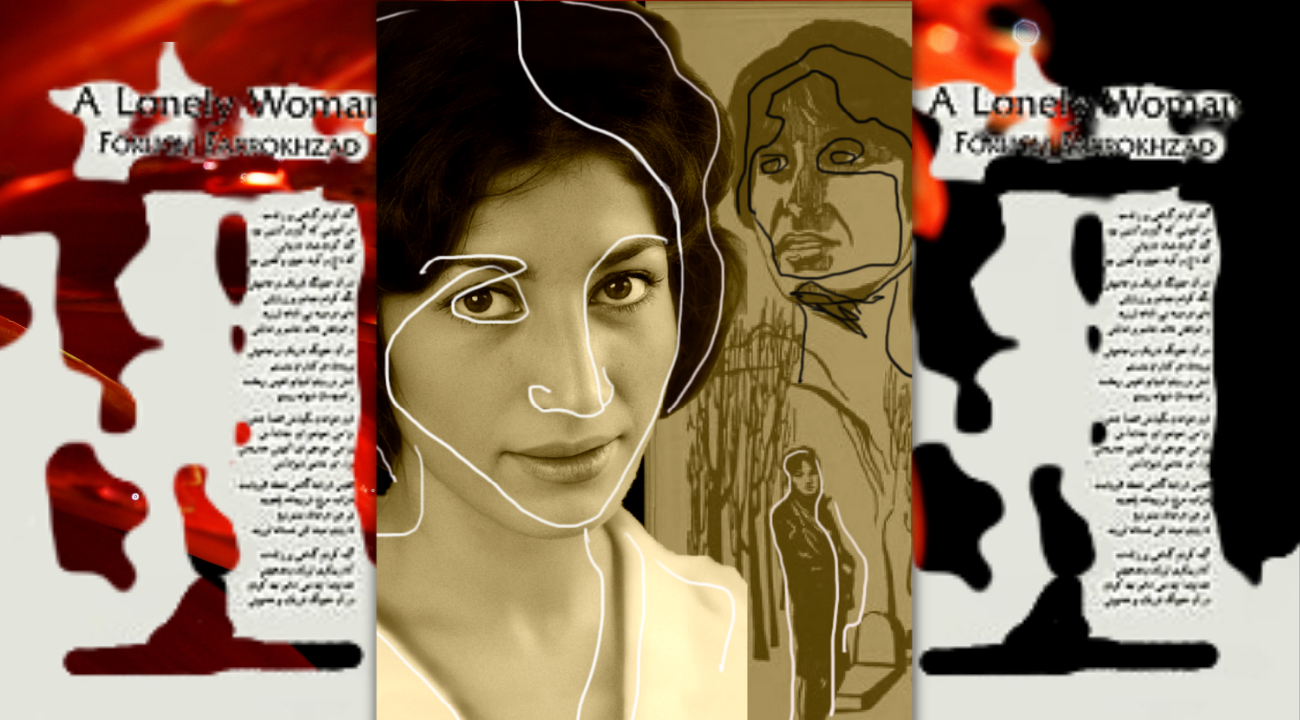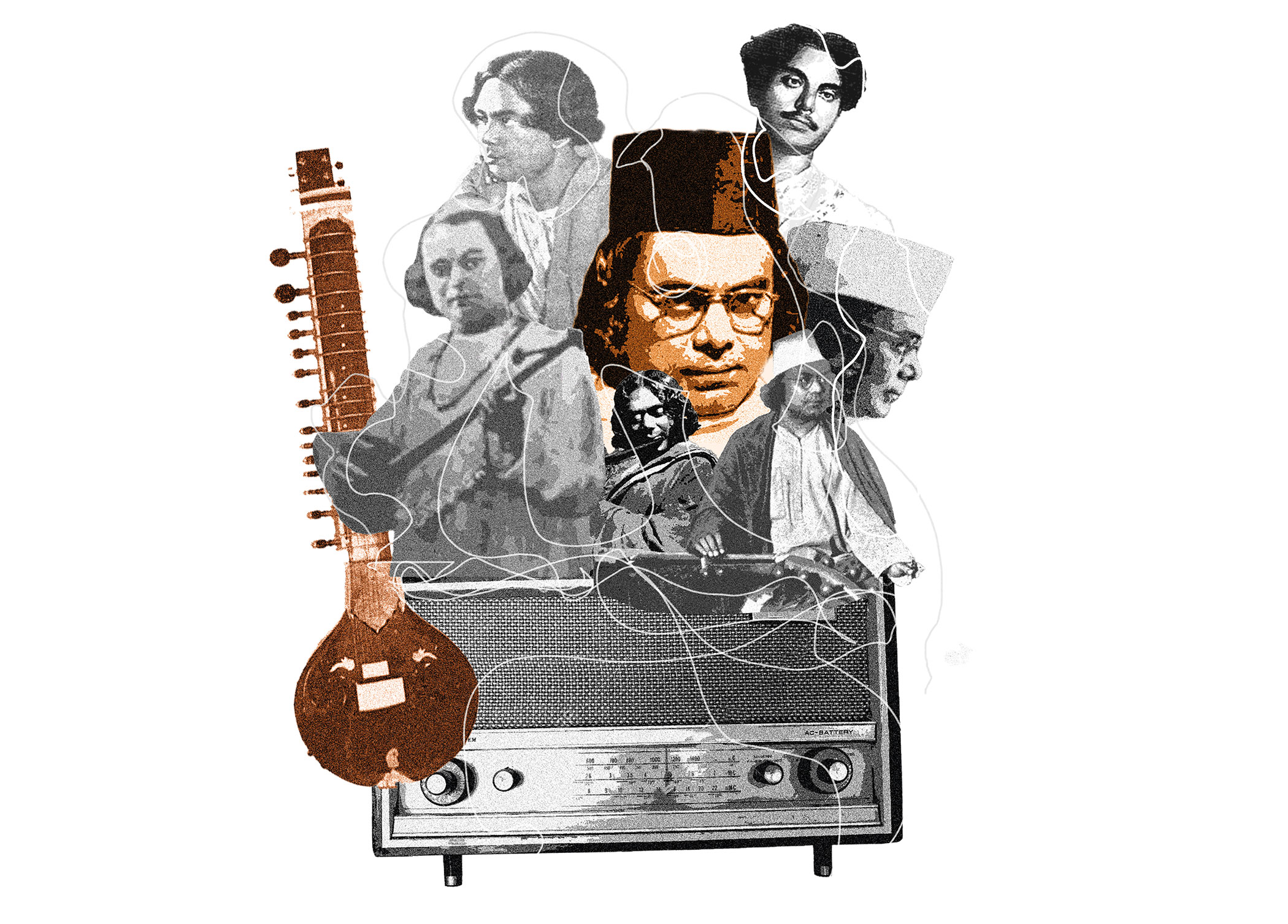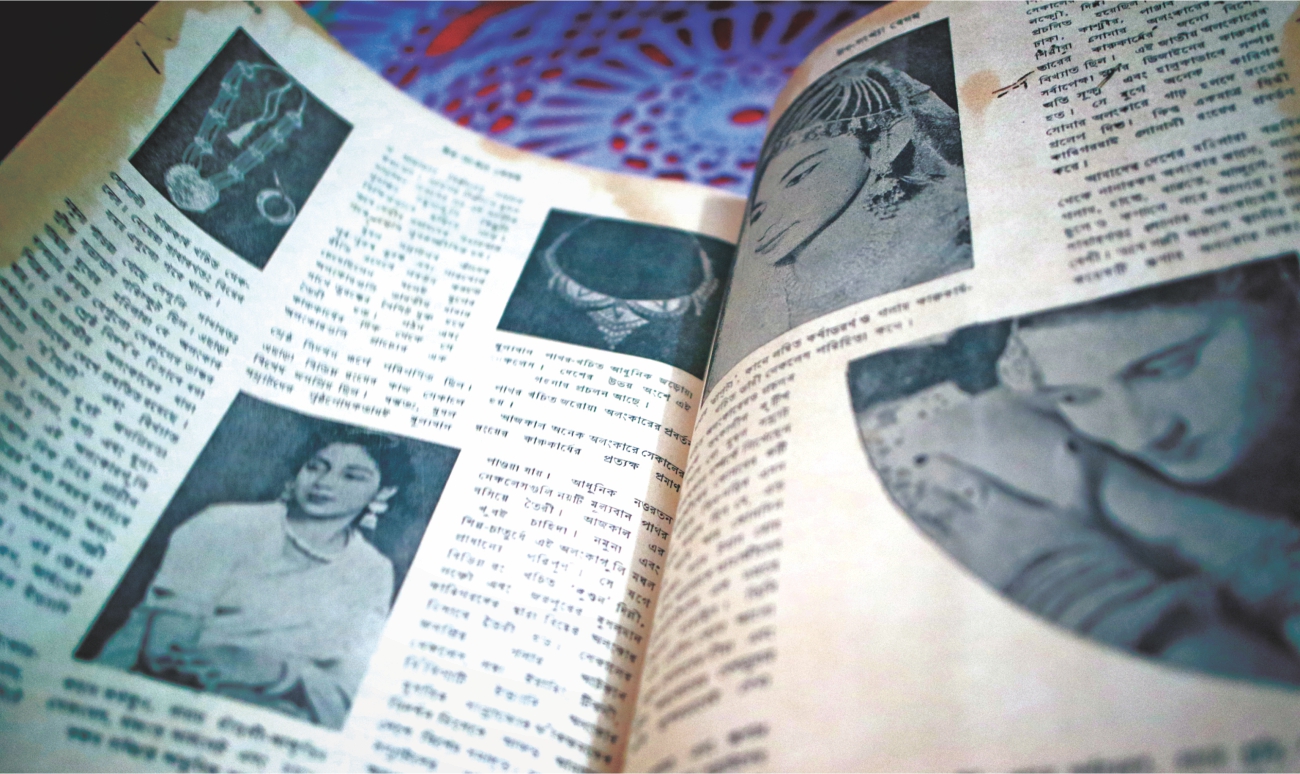On poet Sufia Kamal: A revolutionary journey

"…They call themselves Muslims and yet go against the basic tenet of Islam which gives equal rights to education. If men are not led astray once educated, why should women?"
—(Begum Rokeya in the Bengal Women's Education Conference, 1926
Sufia Kamal never felt worthless, though she was not endowed with proper institutional education. Female education was not a currency when she was born at the very beginning of the 20th century, albeit Sufia was born into a good family. However, she came out from the cocoon of the accepted designated roles of women and marched forward to live an extraordinary life.
Like me, many other Bengali children came to know and love Sufia through her children's poem "Prarthana": 'Tuli dui hat kori monajat, he Rahim Rahman.' With perseverance, spontaneity, and love for words, she gradually became the best female poet in the firmament of Bangla literature.
Sufia learned Bangla from her mother Sayeda Sabera Khatun and her surroundings gave her life lessons which she aptly put into poetic words throughout her career. In the poem "Love-Timid", where her "weak and timid heart has trembled, pounding full of love"; whereas, she shouts out in another poem for the rights of the oppressed. "the world is stunned/ victory by the sickle and hammer".
Our Sufia Kamal did not confine herself to writing poetry only. Likewise, she was one of the pioneers to organize women to chant slogans for their due rights.
She firmly advocated that without community work and the bondage of sisterhood, progression and emancipation of women is impossible. She boldly stepped in to create the roadmap for Mohila Parishad and Chayanat; everyone respected her decisions and opinions for her solid track record of being nonpartisan and unbiased. She even discouraged her relatives from joining any post in her own organization so that nobody could point any finger against her/their honesty.
She undeniably won the respect of the people of every corner. People like Rabindranath Thakur and Kazi Nazrul Islam used to value and adore Sufia Kamal. She got the chance to work with Nazrul and penned poetry for the famous Saogat magazine. She kept on writing and fighting for women's rights throughout her life, though, in her lifetime, it was not credited as 'a Women's thing to do.' She even took the daunting task of becoming the first editor of the weekly Begum—a magazine that writes only for the growth and expansion of underprivileged women, because privilege was a term only enjoyed by men then.
It was, in fact, the muktijuddho that gave her courage. Sufia actively participated in helping the freedom fighters, simultaneously sending her children to the war, a valiant task indeed. She led quite a simple life but always carried a spark of the flame inside her, and thus she spread her spark to thousands of women in Bangladesh. In her work and activism, she has shown her admirable adherence to Bengali culture and tradition, yet she knew how and when to adapt, adopt, and adept to the modern state of affairs without bending too much.
Somehow, the people of Barisal are considered brave. Maybe it was because of Sher-e-Bangla AK Fazlul Haque, the Bengali tiger. The land of Jibanananda is also the fertile land of poetic imagination. Sufia Kamal harbored this courage, this poetic sense, and the sensibility that took her to every Bengali's heart. Even her enemies sometimes dared to speak ill words about her.
From 1952 until her death on November 20, 1999, Sufia was involved in all the country's major cultural and political events. In her poetry and speech, she dubbed Ayub Khan—the then-dictator of the Pakistani military—'the president of the Beasts', as he called the people of East Pakistan haiwan (monster).
She was a revolutionary figure, but she knew that love is the best cure for everything, as she proclaims in the poem "The Love of Yours": 'so I've gathered hence, from the mortal earth, from the horizon's expanse: impassioned, illumined, that love of yours.'
Life is all about struggle, and within this struggle, beauty lies. Sufia Kamal created and displayed the inner and outer beauty of her love, empathy, and spontaneity to deal with any action. She thus left a strong legacy of an arduous life and an oeuvre of works for all spectrums of people.
As stated in the title of her poem "Taharei Mone Pore," we can articulate with pride the last line: "I cannot but remember her," and "cannot forget her anyhow".
Ariful Islam Laskar pens poetry and teaches literature at DIU. Email: y2k.arif@gmail.com



 For all latest news, follow The Daily Star's Google News channel.
For all latest news, follow The Daily Star's Google News channel. 


Comments